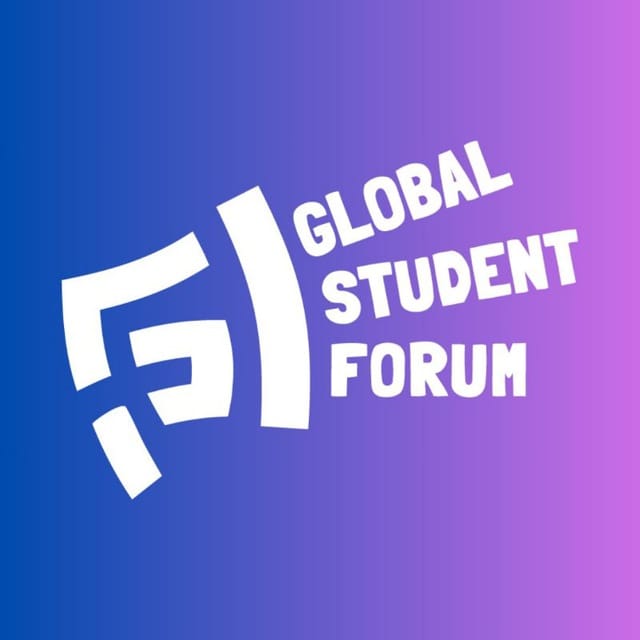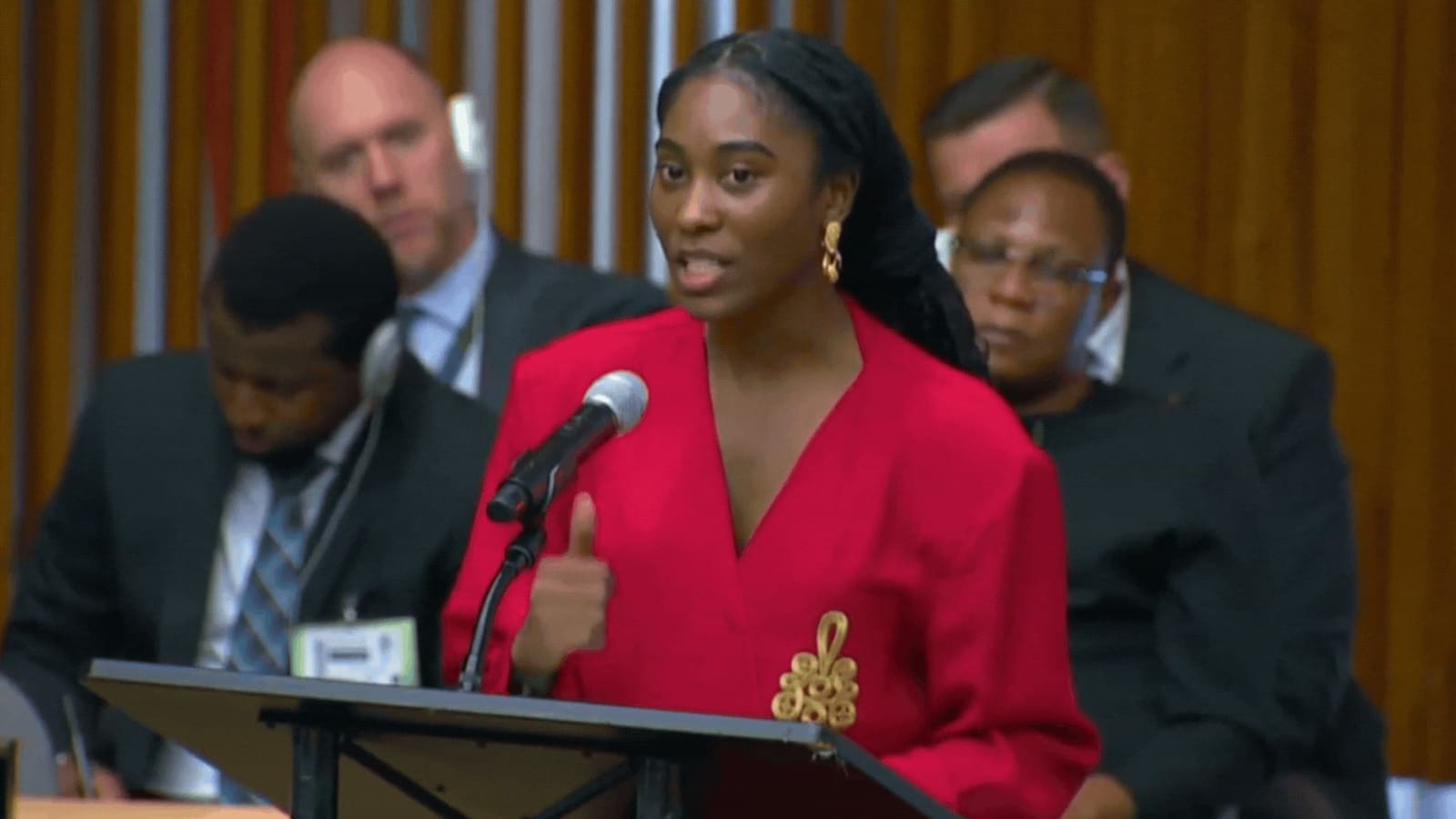11 July 2024, New York - Christina Williams, representing the Global Student Forum and the Commonwealth Students Association, delivered a powerful speech at the Special Event on Transforming Education during the High-Level Political Forum (HLPF) 2024. Addressing an audience that included United Nations Secretary-General António Guterres, UN General Assembly President Dennis Francis, and other distinguished leaders, Williams underscored the critical need for equitable and inclusive education systems worldwide.
In her compelling address, Williams emphasized the rights of all students, especially those from marginalized communities, to access quality education. She called for education that is inclusive, innovative, and inspiring, urging global leaders to ensure that every child, regardless of their background, has the opportunity to learn in environments that are safe, healthy, and supportive.
Williams advocated for fair compensation and support for teachers, the use of indigenous knowledge in education, and the need for technology that connects rather than divides. She also stressed the importance of innovative financing mechanisms like debt swaps and donor grants to support education in impoverished nations, rather than burdening them with further debt.
Furthermore, Williams highlighted the critical role of students as stakeholders and co-creators in the education process. She shared her experience of advocating for free online learning during the COVID-19 pandemic, which led to significant policy changes in her home country. She urged leaders to engage students through institutionalized mechanisms, ensuring their voices are heard and their representatives are democratically elected.
In her conclusion, Williams noted that true transformation in education comes not at the beginning but at the end—after meaningful engagement, equitable financing, and substantive change have been achieved. She called on the global community to remain ambitious and steadfast in their efforts to transform education, invoking a Jamaican saying, "We are little, but we are talawa," emphasizing the power of unity and collective action.








